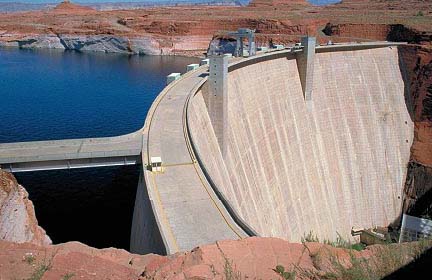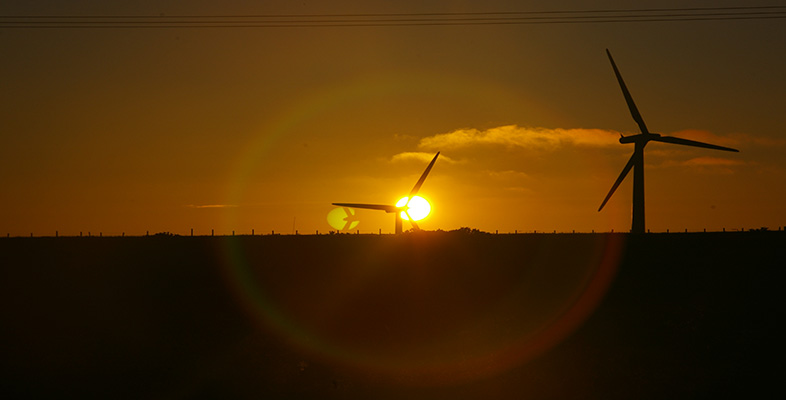2.1 What is energy?
In the context of energy, sustainability has come to mean the harnessing of those energy sources:
-
that are not substantially depleted by continued use;
-
the use of which does not entail the emission of pollutants or other hazards to the environment on a substantial scale; and
-
the use of which does not involve the perpetuation of substantial health hazards or social injustices.
This is, of course, a very broad ideal. Although a few energy sources can come close to fulfilling these conditions, most fall considerably short of the optimum. This means that, in practice, sustainability is a relative rather than an absolute concept. It is not so much that some energy sources are sustainable and others not; it is more that some energy sources, in certain contexts, are more sustainable than others. Determining the relative sustainability of one energy system vis-à-vis another is usually a complex process, involving detailed consideration of the specific processes and technologies proposed, the context in which they are being used and the differing values and interests of the various parties involved.
For example, suppose the Government of a country is proposing to construct a large hydro-electric power plant like the one shown in Figure 8 below. The villagers whose homes would be flooded by the associated reservoir would probably take a different view of the plant's sustainability to that taken by the city-based planners in the electricity utility proposing its construction, whose homes would be unaffected and whose careers would probably stand to benefit from such a major capital project.

When we speak of 'the future' in the context of a 'sustainable future', what do we mean? Next year? One or two decades hence? The end of the twenty-first century? The end of the third millennium? Forever?
Ideally, in view of the Brundtland Report's injunction that humanity should not compromise the needs of future generations, we should judge the sustainability of all energy systems on an indefinite time scale – far into the very distant future. In practice, however, this might be realistically interpreted as endeavouring to ensure that energy systems become sustainable (or at the very least, much less un-sustainable) over the next century or so – with the additional proviso that, even beyond that time horizon, few substantial difficulties can presently be envisaged. Future generations will be justified in blaming us for creating problems that were foreseeable; but they can hardly hold us responsible for eventualities that none of us could have anticipated.
